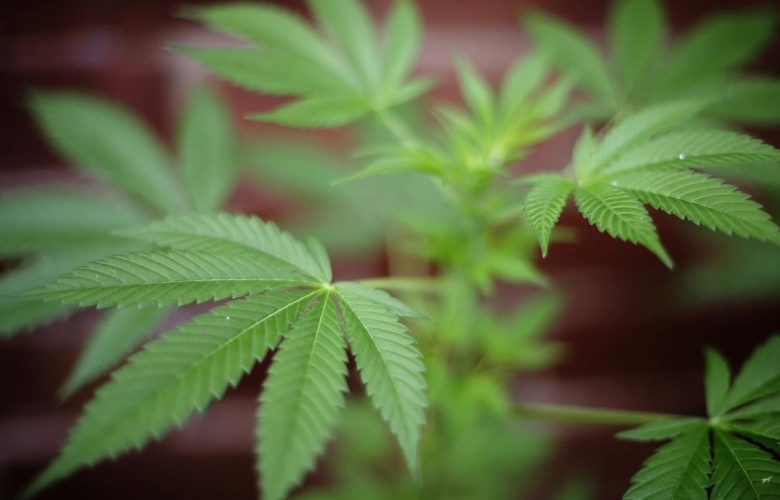Let’s look at the arguments for and against.
April 20 is celebrated in the West as 4/20 – the day of the struggle for the decriminalization of cannabis and its removal from the list of dangerous drugs. More and more countries are going to legalize the drug, but there is no international consensus on this issue. We decided to find out in which countries cannabis is allowed, what are the arguments for and against legalization.Find more information about how to buy weed in Barcelona at the our official website.
Table of Contents
Which countries legalize marijuana?
Fully legalized marijuana today only in two countries: Uruguay and Canada.
In 2013, Uruguay passed a law on state regulation of the marijuana market. Only official bodies can sell cannabis in the country, and only persons over the age of 18 who have registered in a special database can buy cannabis. Foreign tourists, unlike the Netherlands, are prohibited from buying and using cannabis.
From 2001 to 2018, the medical use of marijuana was allowed in Canada – since 2018 it has been completely allowed . Citizens over 18 years old can buy and store (up to 30 g).
Partial marijuana use is legal in 35 countries: USA, Mexico, Paraguay, Brazil, Chile, Belize, Ecuador, Jamaica, Colombia, Argentina, Georgia, Venezuela, Trinidad and Tobago, Bolivia, Spain, Portugal, Netherlands, Belgium, UK, Germany, Czech Republic, Malta, Luxembourg, Cambodia, Australia, Croatia, Austria, Greece, Cyprus, India, Nepal, Rwanda, Norway, Ghana and Slovenia.
19 countries allow the use of cannabis exclusively for medical purposes: Panama, Peru, Israel, Turkey, Finland, Denmark, Italy, Zambia, New Zealand, Macedonia, Poland, Switzerland, Zimbabwe, Rwanda, Lesotho, Thailand, Morocco, Lebanon.
Arguments for and against the example of the United States
The possession and use of marijuana in the United States is prohibited at the federal level, but 36 states currently legalize cannabis. Eighteen states allow marijuana use without a doctor’s prescription, and four more are set to vote on the issue soon.
Arguments for:
- Saving the economy. In January 2021, the relevant department of the state of New York published an economic forecast, according to which this year the New York treasury could suffer losses in the amount of $ 13.3 billion. million a year), so in March the state legalized cannabis.
- Crime is down. A number of studies have shown that in the US states where marijuana was legalized, the crime rate began to drop markedly. For example, in the states bordering Mexico, the number of crimes decreased by 13%.
Arguments against:
- Impact on the younger generation. Studies have shown that adolescents who use marijuana have been observed to have anxiety and learning disabilities.
- Marijuana does not always heal. Scientists from the University of Colorado (Colorado was the first to legalize marijuana in 2012) said that since legalization, the number of patients admitted to hospitals in a serious condition caused by cannabis use has tripled.
- Black market. Opponents of legalization also believe that legalization will lead to the emergence of a black market for marijuana. It is economically more profitable for manufacturers to trade “in the black” than to pay taxes to the state and be under its control.
Why do you need legalization at all? Pioneer Motives – Uruguay
The main goal of the Uruguayan government was to kill the black market – to offer the population a better product at a lower price, eliminating low-quality drugs from people’s lives. For this purpose, the government of Uruguay allowed two companies to grow two tons of hemp per year.
- Pharmacy prices for 1 gram of marijuana were set at $1.3, which is cheaper than the dealer. Thus, the authorities planned to deprive drug traffickers of income in the amount of about $ 7 million a year.
- Other ways to legally acquire the drug are to grow it yourself (up to six plants) or join a club where people grow marijuana together.
How’s Canada doing?
In October 2018, Canada became the second country in the world to fully legalize recreational marijuana. Even before legalization, Canada was one of the world’s top-consuming countries, with an estimated black market of cannabis worth € 4 billion.
As a result, a huge market for legal marijuana has emerged in the country – now Canadian manufacturing companies receive from $88 million to $601 million a year.

